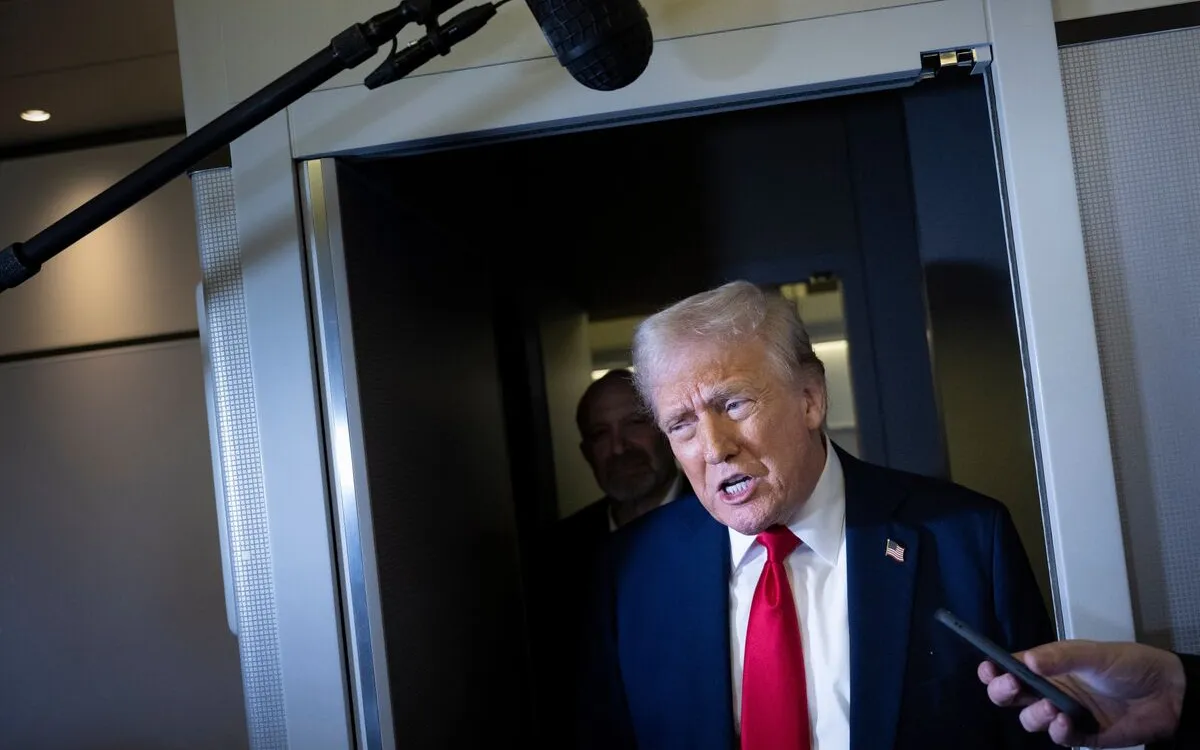
In a recent statement, President Donald Trump revealed his intentions to initiate a comprehensive reciprocal tariff strategy that would apply to “all countries.” This declaration aims to clarify earlier speculations regarding the potential limitations on the initial scope of tariffs that are set to be announced on April 2.
Reciprocal tariffs refer to a trade policy where a country imposes tariffs on imports from another nation in response to similar tariffs imposed by that nation. This strategy is designed to create a level playing field for domestic industries by encouraging fair trade practices.
While speaking to reporters aboard Air Force One, Trump emphasized, “You’d start with all countries, so let’s see what happens.” His comments suggest a broad approach to tariff implementation, indicating that he does not plan to restrict the initial announcement to a select group of nations. This move could potentially lead to significant changes in international trade relations.
The President addressed rumors circulating about limiting the tariff initiative to “10 or 15 countries,” stating, “I haven’t heard a rumor about 15 countries, 10 or 15.” This clarification underscores his commitment to an extensive tariff policy that encompasses a wider range of trading partners.
The implications of such a broad tariff strategy could be substantial, affecting various sectors of the economy and international trade dynamics. Analysts and industry leaders are closely monitoring these developments as they prepare for potential fallout and opportunities within the global market.
As the date for the tariff announcement approaches, businesses and consumers alike remain attentive to how these policies will unfold and influence both domestic and international trade landscapes.